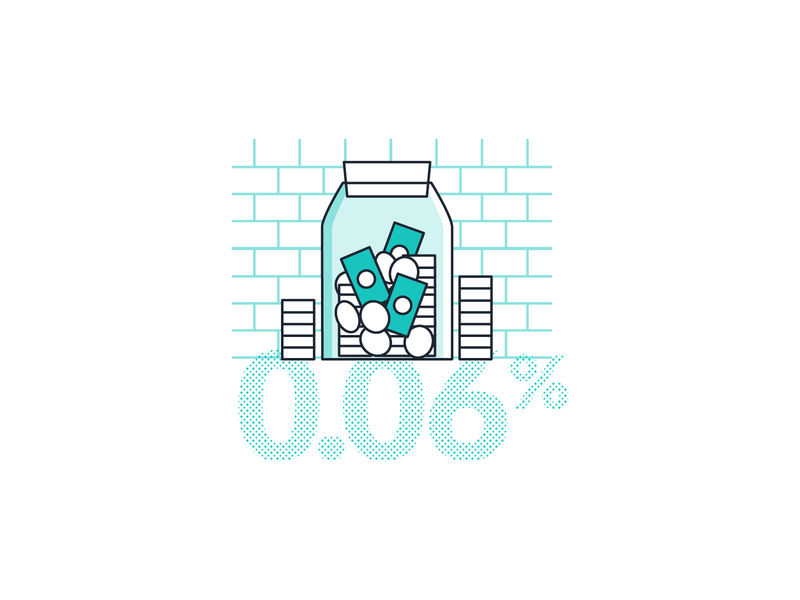Discover The Unanticipated Expenditures And Consequences Of Disregarding A Performance Bond, And Comprehend Why It's Vital To Avoid This Costly Mistake
Discover The Unanticipated Expenditures And Consequences Of Disregarding A Performance Bond, And Comprehend Why It's Vital To Avoid This Costly Mistake
Blog Article
Published By-
When a guaranty concerns an efficiency bond, it guarantees that the principal (the party that buys the bond) will meet their commitments under the bond's terms. If the primary fails to meet these commitments and defaults on the bond, the guaranty is responsible for covering any type of losses or damages that result.
1. Loss of reputation: Back-pedaling a performance bond can damage the principal's credibility and credibility, making it tougher to protect future company or funding.
2. Legal and administrative prices: The surety might need to pay lawful and management costs related to seeking the principal for damages or trying to correct the situation.
3. Monetary losses: The surety might need to cover the cost of completing the task or offering the services that the principal fell short to supply. This can lead to substantial monetary losses for the guaranty.
4. Enhanced costs: If the principal has a background of back-pedaling efficiency bonds, they might be required to pay greater premiums in the future to acquire the essential bonding.
On the whole, defaulting on a performance bond can have serious financial effects for both the principal and the surety. It is necessary for principals to thoroughly consider their responsibilities and ensure they are able to fulfill the terms of the bond to prevent these unfavorable end results.
Defaulting on an efficiency bond can be a costly mistake for organizations. When you fall short to satisfy the bond's responsibilities, the economic effects can be substantial. From paying the full bond amount to possible lawful fights and harmed partnerships, the repercussions can resound throughout your company operations. Recognizing the elaborate web of financial influences that defaulting on a performance bond can have is vital for securing your business's financial wellness and track record.
Financial Penalties for Defaulting
If you back-pedal an efficiency bond, you'll likely deal with significant financial penalties. These charges can differ depending upon the regards to the bond arrangement however often involve paying the bond quantity in full to the obligee. This means that if you fail to accomplish your contractual responsibilities, you should pay the bond amount to the project proprietor or the entity that needed the bond.
Furthermore, you may additionally be in charge of any extra expenses incurred by the obligee because of your default, such as discovering a substitute contractor or covering task delays.
Defaulting on an efficiency bond can also result in legal fees and court prices if the obligee determines to take lawsuit against you to recuperate the bond quantity. These expenditures can promptly add up, more aggravating the financial effect of your default. It's important to thoroughly review and understand the terms of the performance bond to stay clear of these extreme financial penalties.
Influence On Service Cash Flow
Back-pedaling an efficiency bond can significantly impact your business cash flow, affecting economic stability and functional capabilities. When you back-pedal an efficiency bond, you risk losing the bond amount, which can be a considerable sum. This loss directly impacts your capital, as you'll require to find different sources of moneying to cover the bond quantity. Additionally, skipping can result in raised https://how-to-register-an-online73838.ja-blog.com/33927919/the-benefits-of-partnering-with-a-respectable-surety-bonding-company from sureties, making it more difficult and a lot more expensive to protect bonds in the future. This can better strain your capital as you may require to allot added sources to fulfill bonding requirements.
The effect on your cash flow does not stop there. Read Webpage on an efficiency bond can additionally lead to task hold-ups or cancellations, leading to a loss of profits. In addition, the adverse track record that comes with failing can prevent possible clients, additionally decreasing your capital. In general, back-pedaling an efficiency bond can have damaging effects on your business's monetary wellness and ability to run smoothly.
Lawful Ramifications and Claims
Encountering lawful ramifications and possible lawsuits due to defaulting on a performance bond can considerably influence your business's reputation and financial standing. When you back-pedal a performance bond, the guaranty company might take legal action to recuperate the bond amount paid out. This might cause expensive lawful charges, court costs, and possible negotiations or judgments versus your business.
Furthermore, defaulting on a performance bond might cause damaged partnerships with clients, subcontractors, and suppliers, affecting your capability to secure future contracts. Legal actions developing from bond defaults can tarnish your organization's trustworthiness in the sector, making it testing to draw in brand-new partners or customers.
Furthermore, if the default results in a court judgment versus your service, it can cause possession seizure or liens, even more straining your economic stability. Therefore, performance bond and payment bond to understand the legal effects of back-pedaling a performance bond and take aggressive actions to minimize the risks involved.
Verdict
As you face the consequences of defaulting on a performance bond, remember this: it resembles walking a tightrope without a safeguard. One wrong relocation can send you plummeting into a monetary freefall, with no way to quit the fall.
The financial penalties, cash flow impact, and legal implications are all waiting to catch you if you mistake. So tread thoroughly, and always recognize your commitments to prevent the severe consequences of default.
